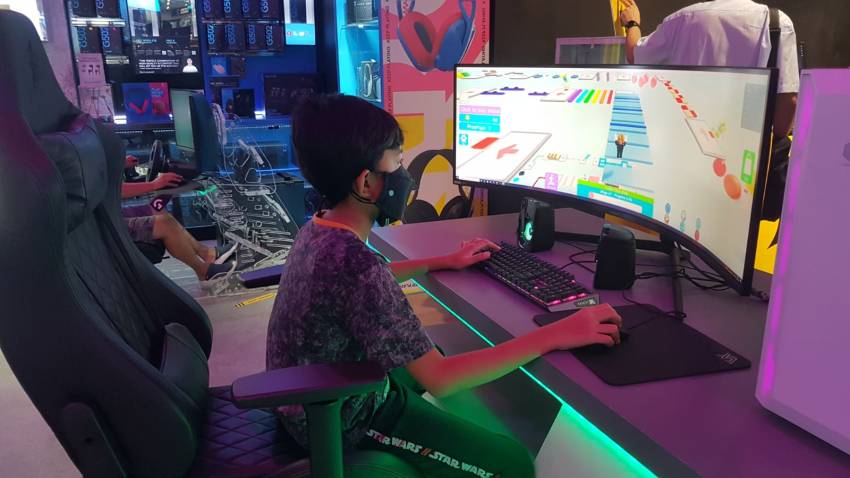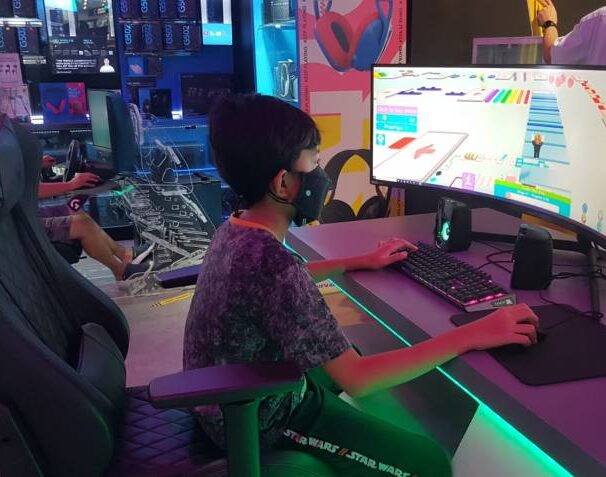In an era dominated by gaming technology, children are increasingly drawn to the captivating world of video games. While gaming can offer entertainment and even educational value, excessive games can lead to addiction and a host of negative consequences, including impaired academic performance, social isolation, and physical health issues. As parents, it’s essential to recognize the signs of gaming addiction and take proactive steps to address them. Here are some strategies to help children overcome gaming addiction:

1. Establish Clear Boundaries:
Set clear guidelines regarding screen time and games limits. Establish specific hours when gaming is allowed and ensure that children adhere to these rules. Encourage them to engage in alternative activities such as outdoor play, sports, or creative hobbies.
2. Lead by Example:
Children often mimic the behavior of their parents. Be mindful of your own screen time habits and demonstrate a healthy balance between technology use and other activities. Engage in family-oriented pursuits that don’t involve screens, such as board games, storytelling, or family outings.
3. Encourage Open Communication:
Create a supportive environment where children feel comfortable discussing their gaming habits and concerns. Listen attentively to their experiences and emotions without judgment. Help them understand the potential consequences of excessive gaming and encourage them to express their interests in other areas.
4. Foster Alternative Interests:
Encourage children to explore diverse interests and hobbies beyond game. Expose them to activities that stimulate creativity, critical thinking, and social interaction. Encourage involvement in extracurricular activities such as music, art, sports, or community service.
5. Set Realistic Goals:
Work with your child to establish realistic goals for reducing games time gradually. Set achievable targets and celebrate their progress along the way. Offer praise and reinforcement for their efforts to embrace healthier habits.
Conclusion
In conclusion, addressing children’s gaming addiction requires a multi-faceted approach involving clear boundaries, open communication, alternative activities, goal setting, monitoring, professional support, and parental guidance. By implementing these strategies consistently and compassionately, parents can help their children break free from the grips of games addiction and lead fulfilling lives enriched by diverse experiences.

